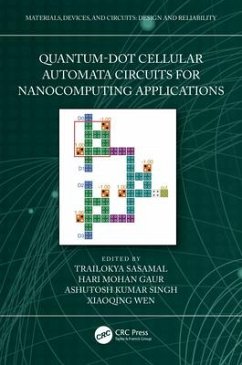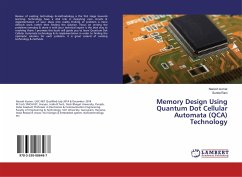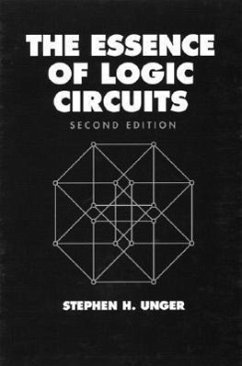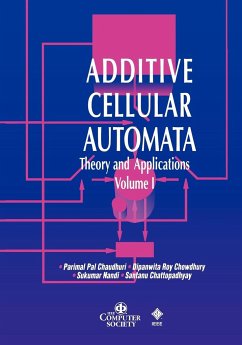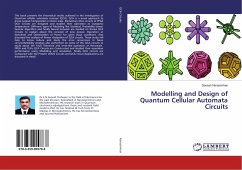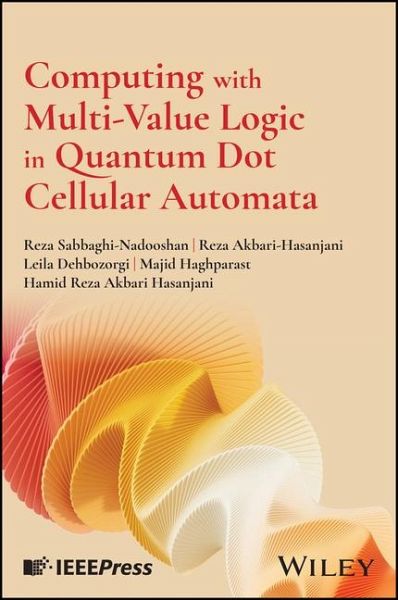
Computing with Multi-Value Logic in Quantum Dot Cellular Automata
Versandkostenfrei!
Versandfertig in über 4 Wochen
119,99 €
inkl. MwSt.
Weitere Ausgaben:

PAYBACK Punkte
60 °P sammeln!
Meet the latest challenges in quantum computing with this cutting-edge volume Miniaturization is one of the major forms (and drivers) of innovation in electronics and computing. In recent years, the rapid reduction in the size of semiconductors and other key elements of digital technology has created major challenges, which new technologies are being continuously mobilized to meet. Quantum dot cellular automata (QCA) is a technology with huge potential to meet these challenges, particularly if multi-value computing is brought to bear. Computing with Multi-Value Logic in Quantum Dot Cellular Au...
Meet the latest challenges in quantum computing with this cutting-edge volume Miniaturization is one of the major forms (and drivers) of innovation in electronics and computing. In recent years, the rapid reduction in the size of semiconductors and other key elements of digital technology has created major challenges, which new technologies are being continuously mobilized to meet. Quantum dot cellular automata (QCA) is a technology with huge potential to meet these challenges, particularly if multi-value computing is brought to bear. Computing with Multi-Value Logic in Quantum Dot Cellular Automata introduces this groundbreaking area of technology and its major applications. Using MATLAB(R) software and a novel multi-value logic simulator, the book demonstrates that multi-value circuits with a function that approximates fuzzy logic are within reach of modern engineering and design. Rigorous and clear, this book offers a crucial introduction to the processes of designing multi-value logic circuits with QCA technology. Readers will also find: * The tools required to design fuzzy-quantum controllers with high processing speed * Detailed discussion of topics including basic gate function, the energy consumption of QCA multi-value cells, and much more * Extensive MATLAB(R) data and other worked-through examples Computing with Multi-Value Logic in Quantum Dot Cellular Automata is ideal for researchers and readers who are looking for an explanation of the basic concepts required to design multi-value circuits in this field.





